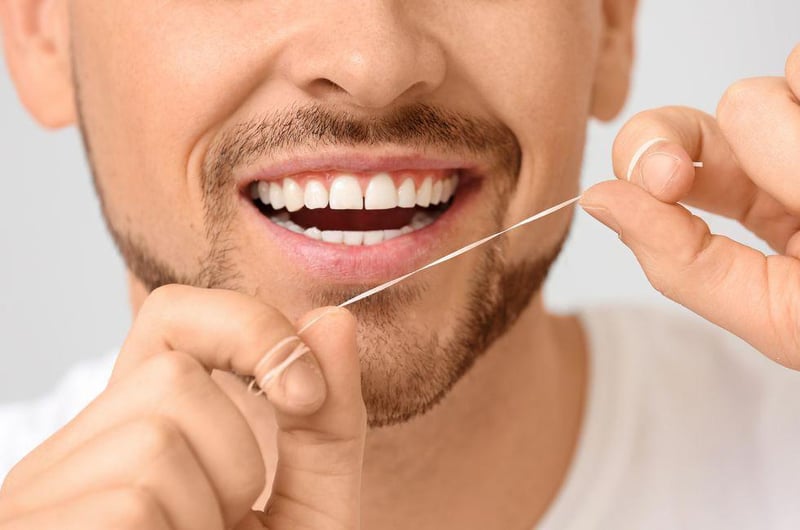to minimize exposure to our patients, especially those who are most susceptible to the virus.
Click here for updates on how we are serving our patients.
1115 South Ave West, Westfield, NJ 07090
(908) 233-2200 - (908) 233-3975 Vaccine Appointment Portal
Get Healthy!

- Robert Preidt
- Posted October 19, 2021
Heartburn Meds Might Be Good for Your Gums
While they're helping to ease reflux, some heartburn drugs may also be reducing the severity of gum disease, new research suggests.
For the study, researchers assessed probing depth in the gums (the gap between teeth and gums) in more than 1,000 patients with gum disease who were or weren't using drugs called proton pump inhibitors (PPIs), a class of drugs widely prescribed to treat heartburn, acid reflux and ulcers.
Probing depth is an indicator of gum disease (periodontitis) severity. When gums are healthy, they fit snugly against the teeth and there is a smaller probing depth.
The lower severity of gum disease associated with PPIs may be due to how the drugs alter bone metabolism and the gut microbiome, according to lead investigator Dr. Lisa Yerke. She is a clinical assistant professor at the University at Buffalo School of Dental Medicine, in New York.
PPIs include drugs like Prilosec (omeprazole) and Nexium (esomeprazole).
Probing depths of 6 millimeters (mm) or more were found in 14% of teeth in patients who used PPIs, compared with 24% of teeth from patients who did not use PPIs, the findings showed.
Probing depths of 5 mm or more were found in 27% of teeth in patients using PPIs, compared with 40% of teeth from those not using PPIs, the study authors reported.
The results were recently published online in the journal Clinical and Experimental Dental Research.
"PPIs could potentially be used in combination with other periodontal treatments; however, additional studies are first needed to understand the underlying mechanisms behind the role PPIs play in reducing the severity of periodontitis," Yerke said in a university news release.
The study cannot prove a cause-and-effect relationship. Further research is being planned to learn whether this association between PPIs and gum disease can be found in other groups of patients, and to determine how much of this relationship is directly attributable to PPIs, Yerke said.
More information
The American Academy of Periodontology has more on gum disease.
SOURCE: University at Buffalo, news release, Oct. 18, 2021








